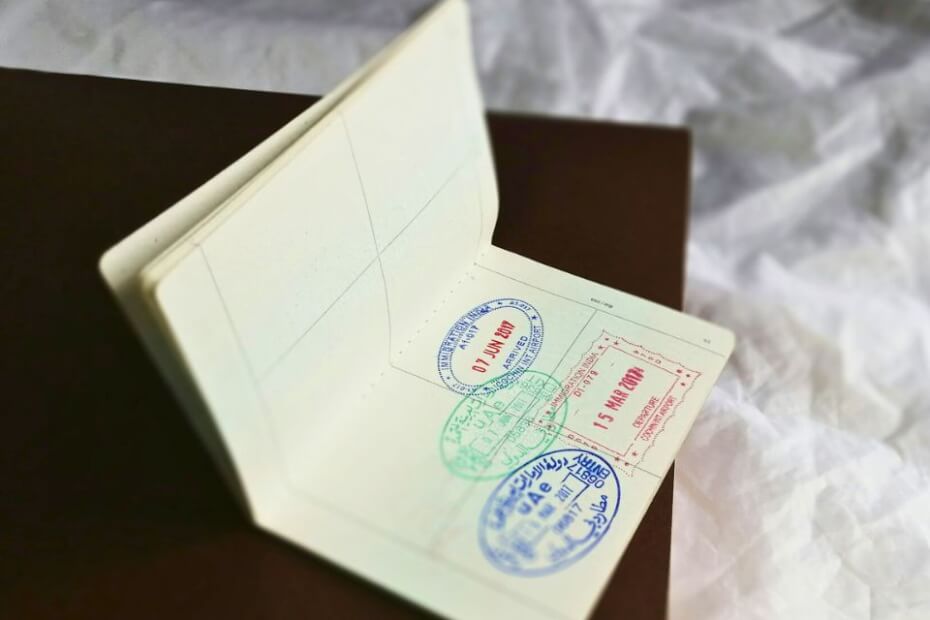
The United Kingdom (UK) Parliament’s Justice and Home Affairs Committee inquiry about electronic border systems heard a call to suspend the Electronic Travel Authorization (ETA) launch.
Monique Hawkins of The3Million urged the government to focus instead on transitioning physical immigration statuses to digital immigration records or eVisas.
“I really think [the ETA launch] should be paused,” she said.
Hawkins added that a strong focus needs to be placed on resolving the technical problems in the immigration database.
The3Million is a nonprofit group that represents citizens of the European Union (EU), the European Economic Area (EEA), and Switzerland residing in the UK and campaigns for their rights.
The Home Office is currently transitioning physical visa documents into eVisas.
Starting 1 January 2025, it will only issue eVisas and will no longer provide physical visa records of immigration statuses.
Physical immigration statuses include Biometric Residence Cards (BRC), Biometric Resident Permits (BRP), and passport vignettes and stickers.
These immigration statuses prove a non-British person’s right to enter, live, or work in the UK.
Hawkins noted that Australia took years to implement its own travel permission system before introducing digital records for residents.
The UK is enforcing the ETA while trying to convert another two million people to “a digital status that has proven problems.”
How eVisa database security concerns can affect ETA launch
The new UK ETA system is an automated pre-approved travel permission system for non-visa nationals.
Those with immigration status in the UK are exempt from the ETA requirement, similar to British or Irish passport holders.
Under the new system, carriers must check travelers’ valid permissions using the UK’s Advanced Passenger Information (API) system.
If the API notifies carriers that there is no record of travelers’ ETAs, carriers must manually verify travelers’ permissions.
This means checking whether travelers have valid visas or are exempt from presenting ETAs.
Carriers transporting travelers to the UK without valid permission may face a heavy fine. They will also pay for the cost of returning the travelers back to their point of origin.
British and Irish citizens can show their passports and identity documents to prove their ETA exemption.
On the other hand, those with UK immigration statuses may have a more difficult time proving their ETA exemption due to database errors, said Hawkins.
If carriers do not allow them to board their flight to the UK, these non-British UK residents could miss out on important commitments, such as work.
Complex UKVI or eVisa database system
At the meeting with the Justice and Home Affairs Committee on 12 March 2024, Hawkins illustrated how difficult it is to navigate the eVisa system.
Those with eVisas must log on to the UK Visas and Immigration (UKVI) website and ask for a code.
They then share the code with an official, such as a landlord, a potential employer, or a UK Border Force officer.
The official must then log on to another website or platform and input the share code to check its validity.
This process in itself makes it difficult for those with eVisas to prove their immigration status and be exempt once the ETA launch is fully underway.
The situation becomes even more troublesome when the database does not recognize the data supplied by the individual.
The system had been reported to show broken records and errors. An individual’s record may show a different photo or a mix of correct and incorrect data.
“If you are abroad and cannot convince someone that you have the right to be in the UK, they will not let you board,” Hawkins said.
She suggested that all individuals holding UK immigration status should have a travel credential instead of the share code system.
This could be physical and original proof of immigration status or a digital representation, such as a 2D barcode.
She added that a 24/7 support line must be available to people from abroad who are denied boarding due to system errors in proving their immigration status.
There must also be a clear compensation structure for the travelers’ troubles.
Fixing database errors before ETA launch
“Cybersecurity is a key issue today, so that is a confidence concern for a lot of users of these systems,” Hawkins said.
The Guardian reported that over 76,000 people were listed with incorrect details in the Home Office immigration database.
The Home Office database is called the Person Centric Data Platform (PCDP), which stores data of 177 million individuals.
It is part of a Home Office project to digitize visa and immigration systems. It has cost the department over £400m since 2014.
The PCDP tracks a migrant’s history with UK immigration systems, such as visa applications and biometric data.
Its records are fed into Atlas, a Home Office system accessed by caseworkers and Border Force officials to review migrant information.
Additionally, various online systems used by businesses and individuals to demonstrate their immigration status and rights also rely on PCDP data.
As Hawkins described, leaked documents showed mixed-up or merged data and biographical and biometric details were linked incorrectly.
The database errors prevented people from proving their rights to work, rent housing, or access free NHS treatment.
Government sources confirmed that the Information Commissioner’s Office is investigating possible data breaches.

